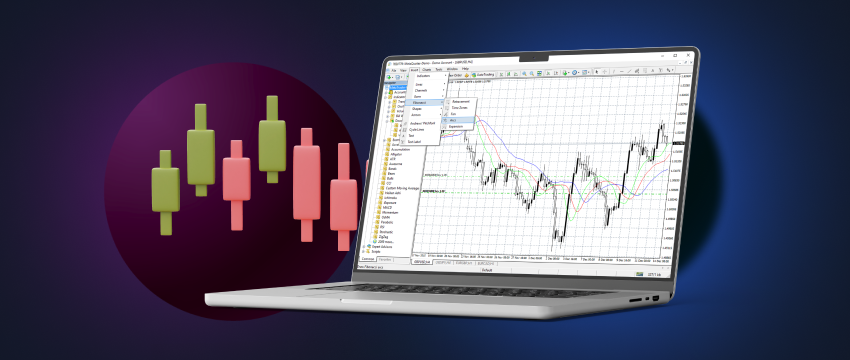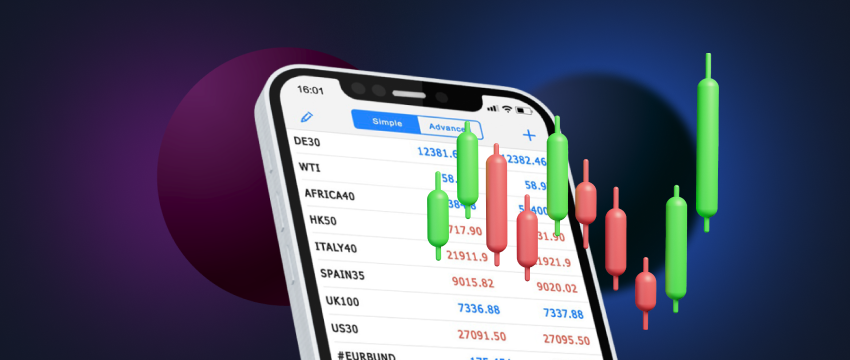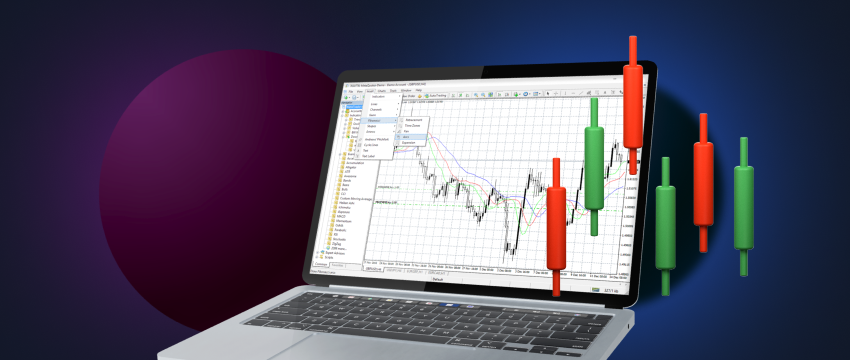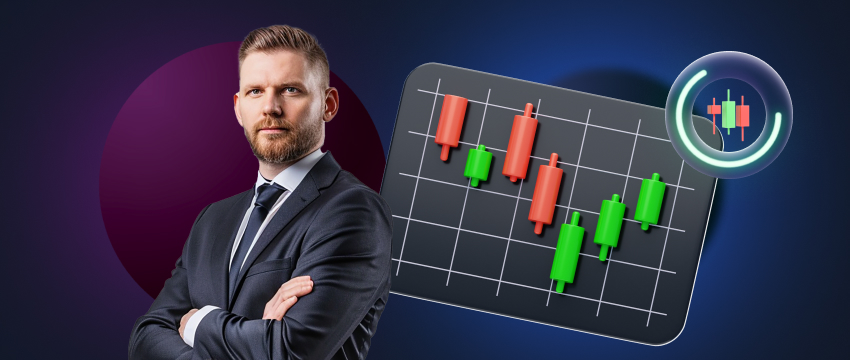Forex trading is not a straightforward endeavour. It is rife with challenges that must be navigated successfully to maximise potential gains. It requires patience, dedication, skill, and a willingness to learn all that you can about the market and currency pairs.
But is the process of learning forex hard? Are there any specific difficulties one can expect to encounter as they acquire a trading-related education? Let’s discuss.
Is learning forex difficult?
Well, the answer to this question is relatively nuanced. What one person may find difficult to process, another may find incredibly easy to absorb. People are different.
They gather, consume, and analyse information in a variety of ways. Learning styles also differ. For example, some are more visual learners, whereas others learn best through listening (auditory).
The way you learn matters, as this will impact the level of information you’ll absorb and properly understand.
Beyond learning styles, traders must learn core forex concepts. The learning process may sometimes feel challenging. However, it is not impossible if you put in the effort.
Key forex concepts
Understanding the forex market
One of the most important skills for a forex trader is mastering the basics of the forex market. This includes understanding concepts like:
- The forex market operates 24 hours a day, five days a week. It kicks off on Sunday evening with the Sydney session. The market concludes on Friday evening when the New York session shuts. Typically, the market closes over the weekend. For traders with open positions, being mindful of the risks inherent to weekend gaps is key.
- It is a decentralised market, meaning there is no central exchange. Instead, trading occurs through a network of banks, brokers, financial institutions, and individual retail traders. Although decentralised, the forex market is subject to regulation by financial authorities in different countries. This form of regulation oversees activities of brokers and market participants to ensure fair and transparent trading practices.
- Forex trading refers to the buying and selling of currency pairs in the forex market. Traders will speculate on currency movements based on market analysis in an attempt to profit from price fluctuations. Major currency pairs are those that typically include the USD, EURO, JPY, GBP, etc. Less commonly traded pairs are called the minors and the exotics.
- Major currency pairs tend to have the highest liquidity due to their global demand and trading volumes.
- Forex trading often involves the use of leverage, which enables traders to execute larger trades with relatively limited capital. However, while leverage has the potential to amplify gains, it can very quickly lead to exponential losses if not properly managed.

Learning how to use technical analysis
In addition to knowing the core aspects of the forex market, another important aspect of forex is technical analysis.
This form of analysis typically involves the study of price charts and the use of various indicators to identify trading opportunities.
In other words, traders will use these charts to speculate on the future direction of the market and potential entry and exit points for each trade.
Learning technical analysis can feel hard, particularly if you are a beginner who is just kicking off their trading journey. However, with time and practice, mastering technical analysis does start becoming easier.
Effective risk management
In addition to learning about the forex market, currency trading, and technical analysis, another core component of forex-related education is effective risk management. Forex trading is highly risky, particularly if you opt for using leverage to maximise gains.
The potential to lose large sums of money is huge, and if no proper risk management measures are in place, you can all but kiss your capital goodbye.
Learning how to integrate risk management techniques into your overall trading strategy is key. Get an understanding of how stop-loss and take-profit orders work to limit your losses and lock in profit.
Read up on proper position sizing so as not to set yourself up for big losses simply because the size of your trade was not in alignment with your budget or risk tolerance.
Consider acquiring more information about automated trading, which is renowned for its level of accuracy and volume of rapid trades, all of which are based on predefined criteria.
Do what you can to equip yourself with as much knowledge about how you can protect your money. These are not hard forex concepts and will go a long way in mitigating unanticipated trading risks.

Mastering your trading psychology
Another surprisingly challenging aspect of forex trading is learning how to control your emotions so that they don’t influence your trading decisions.
Trading psychology refers to the impact that our feelings can have on the decisions we make when it comes to executing trades.
Fear, greed, anxiety, impulsion, arrogance, panic, FOMO—take your pick—they all have the potential to eliminate sound judgment, resulting in poor financial outcomes. Learning how to manage these feelings is crucial, regardless of whether you are new to trading or a consummate professional.
So, what are some of the ways to reduce emotive trading and instead trade with rationale and objective reasoning?
- Have a trading plan in place to keep you focused. Stick to the parameters of this plan and only adjust if and when the need arises, e.g. changing market conditions.
- Be realistic with your expectations. Set achievable goals rather than objectives that are unattainable. In other words, don’t set yourself up for disaster, particularly if you don’t yet have the necessary expertise or knowledge to take on larger trading risks. Additionally, know and accept that losses are inevitable. They cannot be avoided so don’t succumb to feelings of angst or panic when they do.
- Keep a trading journal to not only record your trades but also your behaviours surrounding those trades. Having historical data to look back on offers the opportunity to identify the triggers that lead to certain behaviours and develop strategies to manage those triggers more effectively.
- Make some form of exercise or mindfulness practices a daily habit. A calm mind helps maintain objective reasoning, leading to more reasonable financial decisions.
Time commitment and learning forex
Another factor that may make forex learning more difficult, more than actual concepts, is the hours you have available to commit to it. It takes time to learn the basics and gain the experience needed to become an effective forex trader.
This is why finding a way to schedule in blocks of time for learning is vital. Additionally, getting your hands on credible resources to learn all that you can about forex is also important, particularly those that can break down complex concepts into more easily digestible information.
T4Trade is a popular broker who seeks to provide its traders with useful forex-related resources and tools to widen their scope of knowledge and become more skilled in trading.
These include exclusive webinars led by experts, offering valuable insights and strategies, and forex podcasts designed to improve your trading knowledge and sharpen your skills. Additionally, traders can access informative videos that provide trading tips, market insights and daily commentary.
For those seeking more in-depth learning, eBooks crafted by the broker’s in-house research team offer educational guidance. A popular blog page covers fundamental forex topics for both beginner and experienced traders.
As far as tools are concerned, T4Trade’s Economic Calendar is a very useful resource for tracking real-time macro-economic data, vital for planning trades more accurately.
These include central bank announcements, employment reports, interest rates, GDP releases, etc. Moreover, trading calculators are available to help you understand pip value, margin requirements, leverage, and potential risks.

Trading with T4Trade
T4Trade is a popular global broker with clients worldwide. The broker offers top-tier, 24/5 multilingual customer support, cutting-edge trading platforms, and flexible trading conditions.
The T4Trade is also a great go-to resource for traders looking to learn more about forex trading in a user-friendly way.
A variety of videos, podcasts, eBooks, webinars, and videos-on-demand are curated by inhouse specialists, catering to all types of traders.
T4Trade traders can also choose from a wide range of trading instruments across 6 asset classes and enjoy flexible leverage, competitive spreads, fast trade execution, and seamless deposit and withdrawal options.
Traders can also choose from multiple trading accounts that best suit their needs and individual preferences.
免责声明: This material is for general informational and educational purposes only and should not be considered investment advice or an investment recommendation. T4Trade is not responsible for any data provided by third parties referenced or hyperlinked in this communication.




